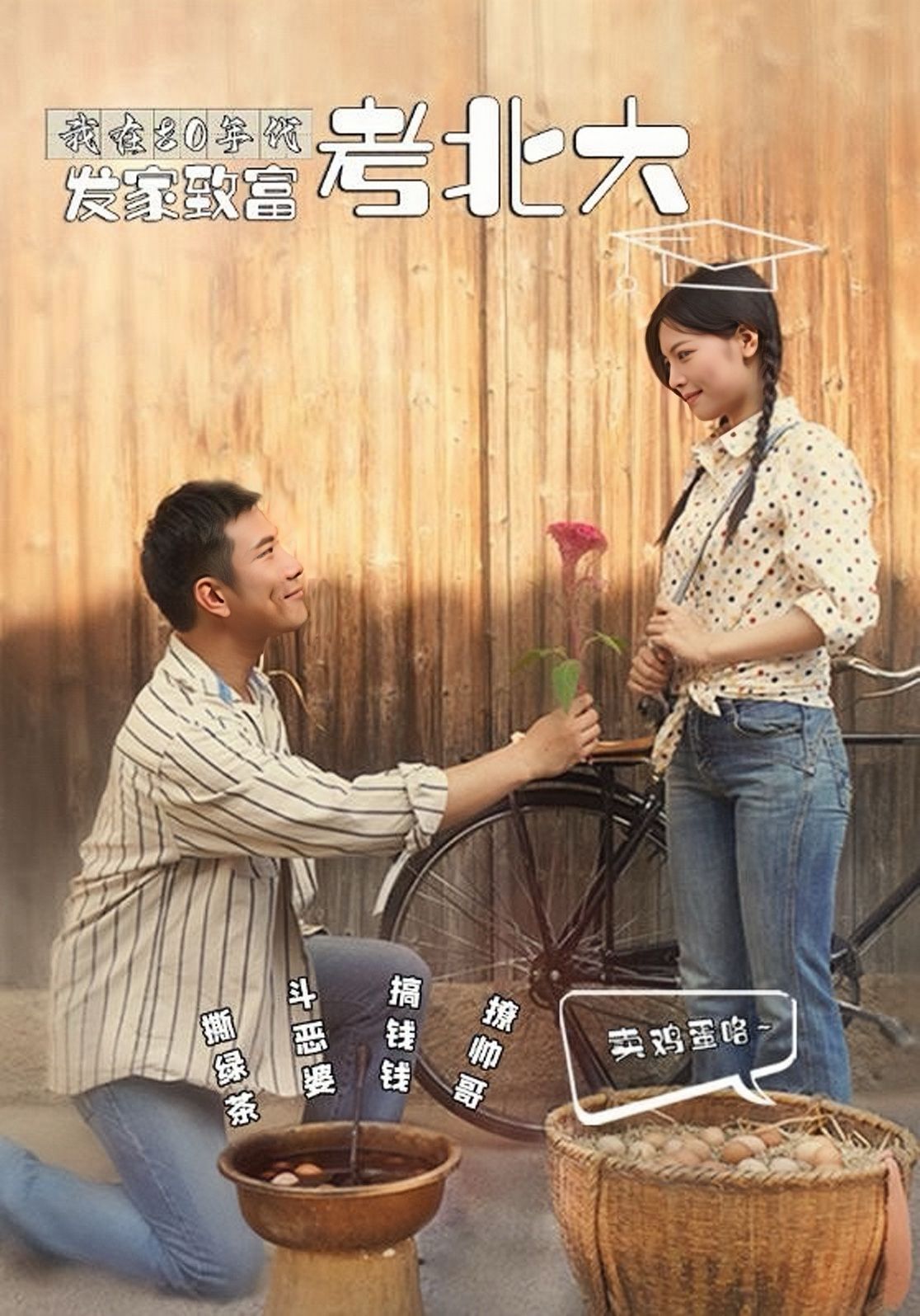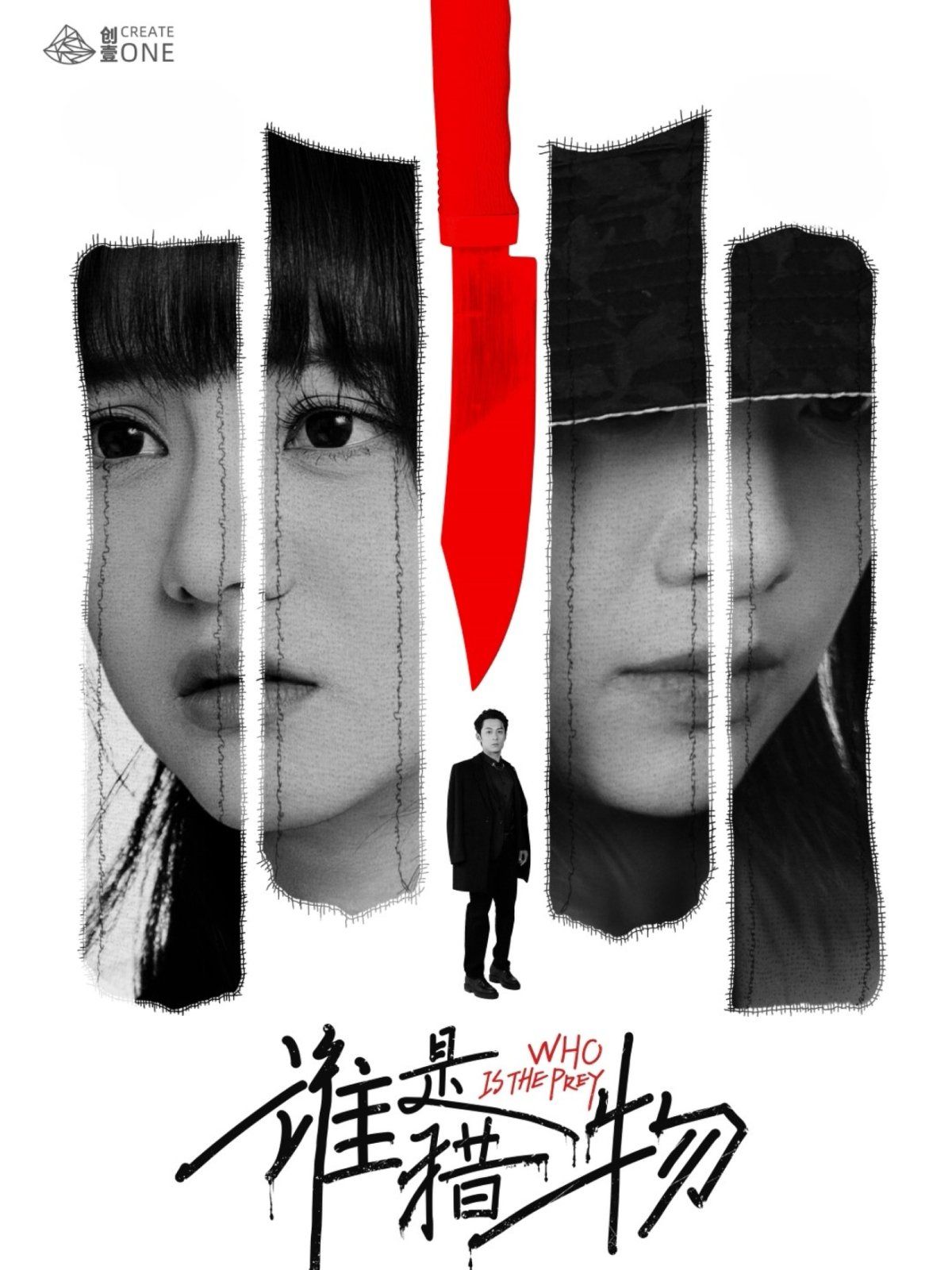Unveiling "Qianjin": The Enduring Legacy Of Precious Value
In the vast tapestry of Chinese culture, certain phrases resonate with a depth that transcends mere literal translation. One such phrase is "千金" (qiānjīn), often translated as "a thousand gold" or, more profoundly, "precious daughter." While its origins are steeped in ancient lore and its usage spans diverse contexts, the essence of "Qianjin" speaks to something invaluable, cherished, and significant. This article delves into the rich history and multifaceted interpretations of "Qianjin," exploring its cultural footprint and reflecting on its enduring relevance, particularly how its concept might have resonated in a pivotal year like 1998, marking a period of significant societal introspection and change.
The year 1998, for many, was a bridge between the old and the new, a time when traditional values met burgeoning modernity. As China continued its economic reforms and opened up to the world, the concept of what was truly "precious" or "valuable" underwent subtle shifts. It is within this dynamic backdrop that the timeless notion of "Qianjin" finds its renewed significance, reminding us that true wealth often lies beyond monetary measure, residing instead in heritage, wisdom, and human connections. Let's embark on a journey to uncover the layers of meaning embedded in this powerful term.
Table of Contents
- Unveiling "Qianjin": More Than Just a Thousand Gold
- "Qianjin" in Cultural Narratives: Idioms and Expressions
- The "Qianjin" Archetype in Media and Fiction
- Beyond Human Value: "Qianjin" in Diverse Contexts
- "Qianjin" and the Art of Healing: Medical Wisdom
- The Societal Resonance of "Qianjin" in 1998
- Why "Qianjin" Endures: A Reflection on Value
- The Enduring Legacy of "Qianjin": A Call to Appreciation
Unveiling "Qianjin": More Than Just a Thousand Gold
At its most literal, "千金" (qiānjīn) means "a thousand pieces of gold." However, its cultural significance far exceeds this simple monetary value. Over centuries, it has evolved to primarily refer to a "precious daughter" or, more broadly, anything of immense, irreplaceable value. This dual meaning highlights a profound cultural understanding: that human life, especially that of a beloved daughter, is worth more than any material wealth. The phrase encapsulates affection, esteem, and a sense of irreplaceable worth.
The Etymological Roots: A Journey Through Time
The origins of "Qianjin" are shrouded in fascinating historical anecdotes, each adding a layer to its rich meaning. One popular tale links "Qianjin" to women, particularly daughters, through the infamous story of King You of Zhou (周幽王) and his beacon tower antics (烽火戏诸侯). While not directly about "Qianjin," this story emphasizes the extraordinary lengths to which a man would go to please a woman, hinting at her perceived value. Another widely cited origin connects the term to Xie Lei (谢肋), a Grand Tutor (司徒) during the Southern Dynasties Liang dynasty. It is said that Xie Lei, a man of immense wealth and influence, once referred to his daughters as "thousand gold," signifying their unparalleled worth. This direct association solidified the term's connection to daughters of prominent families.
A third captivating legend involves the Qianlong Emperor (乾隆皇帝) during his southern tour. Upon seeing a couplet on a family's door that read, "家有万金身赤贫,膝下五子人孤单" (With ten thousand gold at home, one is still impoverished; with five sons under the knee, one is still lonely), the emperor was reportedly quite intrigued. This couplet, while not explicitly using "Qianjin," speaks to the idea that true wealth isn't just about material possessions or even numerous sons, but perhaps something more profound and cherished, setting a philosophical stage for the concept of "Qianjin" as invaluable human connection.
"Qianjin" in Cultural Narratives: Idioms and Expressions
The pervasive nature of "Qianjin" is evident in numerous Chinese idioms, each painting a vivid picture of its nuanced meanings. These idioms not only enrich the language but also offer insights into traditional Chinese values regarding wealth, possession, and human relationships. Here are a few prominent examples:
- 敝帚千金 (bì zhǒu qiān jīn): "A worn-out broom worth a thousand gold." This idiom describes something seemingly worthless that is cherished as if it were incredibly valuable, simply because it belongs to oneself. It highlights the sentimentality and personal attachment one can have, valuing something not for its intrinsic market worth but for its personal significance. A variant, "家有敝帚,享之千金" (jiā yǒu bì zhǒu, xiǎng zhī qiān jīn), further emphasizes this personal reverence for one's own humble possessions.
- 一掷千金 (yī zhì qiān jīn): "To throw away a thousand gold in one go." Originally referring to gamblers recklessly staking a fortune, this idiom now broadly describes extravagant and wasteful spending. It's used to depict someone who squanders money without a second thought, highlighting the concept of "Qianjin" as a substantial sum that, when carelessly spent, signifies profligacy.
From Ancient Poetry to Modern Slang: The Versatility of "Qianjin"
The term "Qianjin" also appears in classical Chinese literature, cementing its place in the cultural lexicon. Perhaps one of the most famous instances is from Tang Dynasty poet Li Bai's (李白) iconic poem "将进酒" (Jiāng Jìn Jiǔ - Bring in the Wine): "五花马, 千金裘, 呼儿将出换美酒, 与尔同销万古愁" (My five-colored horse, my thousand-gold fur coat, call the boy to exchange them for fine wine, and together we shall drown the sorrow of ages). Here, "千金裘" (qiānjīn qiú) refers to a fur coat worth a thousand gold, symbolizing extreme luxury and personal wealth. Li Bai's lines powerfully convey a sense of carpe diem, where even the most valuable possessions are deemed secondary to the pursuit of immediate joy and the release from existential sorrow. This illustrates how "Qianjin" can represent peak material value, yet still be considered expendable in the face of deeper human desires.
Beyond poetry, the versatility of "Qianjin" extends into modern contexts, sometimes even in slang or specialized jargon, demonstrating its adaptability and enduring presence in the language.
The "Qianjin" Archetype in Media and Fiction
The concept of "Qianjin" as a precious daughter, particularly one from a wealthy or influential family, has given rise to a popular archetype in Chinese and East Asian media: the "千金小姐" (qiānjīn xiǎojiě), often translated as "Miss Thousand Gold" or "Young Miss." This character typically embodies a mix of privilege, sometimes naivety, and often a strong will, reflecting societal perceptions of daughters raised in luxury.
For instance, the character Akasaka Rei (赤坂丽) is featured in the movie "千金小姐" (Qianjin Xiaojie), a film directed by Takashi Miike and written by Emi Yamamoto. Starring Takei Emi, Abe Ryuki, Emoto Tasuku, Takashima Shinichi, Toda Erika, and Kita Kana, this drama, which aired on October 13, 2017, showcases how the "Qianjin" archetype is explored in contemporary narratives. Such portrayals often delve into themes of wealth, class, personal growth, and the challenges faced by individuals born into privilege, making the "Qianjin" a relatable yet aspirational figure for audiences.
Beyond Human Value: "Qianjin" in Diverse Contexts
The expansive meaning of "Qianjin" isn't confined to human relationships or literary expressions. It also appears in surprisingly diverse contexts, highlighting its core meaning of "immense value" across different domains.
- In Gaming: The "Qianjin Horse" in Warcraft: In the popular online game World of Warcraft, the term "千金马" (qiānjīn mǎ), or "thousand-gold horse," refers to the 100% speed mount that players could acquire for 1000 gold. This was a significant investment for players, especially at lower levels (the first mount at level 40 cost 100 gold), making the "thousand-gold horse" a symbol of dedication and considerable in-game wealth. The quest for a Paladin's "Qianjin Horse" involved a detailed sequence, including a "basement morgue" step where the correct judgment order (Wisdom-Justice-Righteousness-Light) was crucial. This demonstrates how "Qianjin" is used to denote something highly valuable and sought after, even in virtual economies.
- In Health Supplements: "Xiao Qianjin Fish Oil": The term "Qianjin" is also adopted by brands to convey the high value and quality of their products. For example, some health supplements, like "WHC Xiao Qianjin Fish Oil" (WHC小千金鱼油), use "Xiao Qianjin" (Little Thousand Gold) in their name to imply preciousness and premium quality. Comparisons often highlight the high concentration of DHA and EPA in these products, such as NYO3 fish oil having 1250mg compared to Blackmores' 600mg or WHC's 1135mg, with a 3:2 golden ratio for better absorption. This marketing strategy leverages the inherent cultural perception of "Qianjin" as something valuable and beneficial, extending its meaning into the realm of health and well-being.
"Qianjin" and the Art of Healing: Medical Wisdom
Perhaps one of the most profound and enduring applications of "Qianjin" lies within the realm of traditional Chinese medicine. The term forms the title of two seminal medical texts, "千金要方" (Qiānjīn Yàofāng - Essential Prescriptions Worth a Thousand Gold) and "千金翼方" (Qiānjīn Yìfāng - Supplement to Essential Prescriptions Worth a Thousand Gold), both authored by the revered Tang Dynasty physician Sun Simiao (孙思邈).
These titles are not mere poetic flourishes; they underscore the immense value and life-saving potential of the medical knowledge contained within. The prescriptions and theories compiled by Sun Simiao were considered so crucial for human health and longevity that they were deemed literally "worth a thousand gold"—an invaluable treasure for humanity.
Sun Simiao's Enduring Legacy: A Treasure Trove of Knowledge
Sun Simiao, often hailed as the "King of Medicine" (药王), dedicated his life to compiling and advancing medical knowledge. His magnum opus, "千金要方," completed around 652 CE, is a comprehensive encyclopedia of medical theory, diagnosis, pharmacology, and treatment methods. It covers a vast array of topics, from internal medicine and surgery to pediatrics and gynecology, and includes detailed descriptions of over 5,000 prescriptions. Its systematic approach and practical advice made it an indispensable guide for physicians for centuries.
Recognizing the need to further enrich and supplement his earlier work, Sun Simiao later compiled "千金翼方" (circa 683 CE), which served as an extension and refinement of "千金要方." This supplementary text delved deeper into specific areas, added new prescriptions, and provided further insights based on his continued research and clinical experience. Both texts collectively represent a monumental contribution to traditional Chinese medicine, embodying the very essence of "Qianjin" through their invaluable wisdom aimed at preserving and improving human life. Their enduring relevance is a testament to the profound value of knowledge that truly serves humanity.
The Societal Resonance of "Qianjin" in 1998
While "千金 驾到 1998" might not refer to a specific, widely recognized event or media title, interpreting it as "The Arrival of the Precious Daughter in 1998" or "The Significance of 'Qianjin' in 1998" allows us to reflect on the concept's resonance during a transformative period. The year 1998 was a fascinating juncture for China. It was a time of rapid economic growth, increasing global integration, and evolving social dynamics. As the nation moved further away from traditional agrarian society towards a more urbanized, industrialized one, the definition of "value" and "preciousness" was subtly shifting.
In this context, the enduring concept of "Qianjin" served as a cultural anchor. Amidst the pursuit of material wealth and modernization, the intrinsic value of human life, particularly that of a daughter, remained a powerful undercurrent. The emphasis on education, family well-being, and the nurturing of the next generation would have been paramount. For families experiencing newfound prosperity, the "arrival" of a daughter might have been seen as a true blessing, a symbol of their legacy and hope for the future, perhaps even more so as societal norms regarding gender roles continued to evolve.
Daughters as "Precious Gold": A Timeless Affection
The phrase "喜得千金" (xǐ dé qiān jīn), meaning "congratulations on getting a precious daughter," perfectly encapsulates the deep affection and joy associated with the birth of a girl. This sentiment would have been particularly poignant in 1998, a time when the one-child policy was still in effect, making every child, regardless of gender, an even more cherished treasure. The cultural narrative often portrays daughters as "贴心小棉袄" (tiēxīn xiǎo mián'ǎo), or "intimate little padded jackets," symbolizing their warmth, care, and emotional closeness to their parents.
The provided sentiment, "千金是个宝,女儿是贴心小棉袄,今后你们的日子不再有黑暗,不再有寒冷,因为她就是你们生命中的阳光,祝贺喜得千金," beautifully articulates this profound connection. It paints a picture of a daughter as a source of light, warmth, and unending comfort, transforming her parents' lives. This timeless affection for daughters, viewing them as "precious gold," would have continued to resonate strongly in 1998, perhaps even more so as families invested heavily in the future of their single, beloved child, ensuring she received "百般的呵护,千金的供养" (hundreds of ways of care, thousand-gold provisions), all for "父母的寄" (the parents' hopes and expectations). The "arrival" of such a precious daughter in 1998 would have been a moment of immense celebration and a testament to enduring family values amidst a changing world.
Why "Qianjin" Endures: A Reflection on Value
The enduring power of "Qianjin" lies in its multifaceted ability to represent ultimate value. Whether it's the priceless wisdom of ancient medical texts, the cherished bond with a beloved daughter, the extravagant cost of a luxury item, or the significant investment in a virtual asset, "Qianjin" consistently denotes something of extraordinary worth. It serves as a linguistic and cultural marker for what is considered invaluable within Chinese society.
Its persistence across millennia, from ancient anecdotes and classical poetry to modern idioms and even contemporary branding, speaks volumes about its fundamental resonance. "Qianjin" reminds us that while the forms of "value" may change with time – from actual gold to digital currency, from physical heirlooms to intellectual property – the human capacity to cherish, invest in, and assign ultimate worth to things, ideas, and especially people, remains constant. It's a testament to the fact that some things are, and always will be, "worth a thousand gold."
The Enduring Legacy of "Qianjin": A Call to Appreciation
From the legendary origins tied to emperors and scholars to its modern-day usage in gaming and health supplements, the term "千金" (Qianjin) stands as a powerful symbol of value, preciousness, and profound significance in Chinese culture. It encapsulates historical narratives, poetic expressions, and deeply personal affections, particularly for daughters. The concept of "Qianjin" reminds us that true wealth extends far beyond material possessions, encompassing invaluable knowledge, cherished relationships, and the profound joy of new life.
As we reflect on the multifaceted meanings of "Qianjin," especially how its core concept of "preciousness" would have resonated in a year like 1998 – a period of dynamic change and re-evaluation – we are reminded to appreciate the truly invaluable aspects of our lives. What do you consider your "Qianjin"? Share your thoughts in the comments below, and explore other articles on our site that delve into the rich tapestry of Chinese language and culture.

《千金驾到1998》第01集电视剧免费在线观看,高清完整版-星光影院

《千金驾到1998》第01集电视剧免费在线观看,高清完整版-星光影院

《千金驾到1998》在线观看全集免费完整版-短剧-星光影院